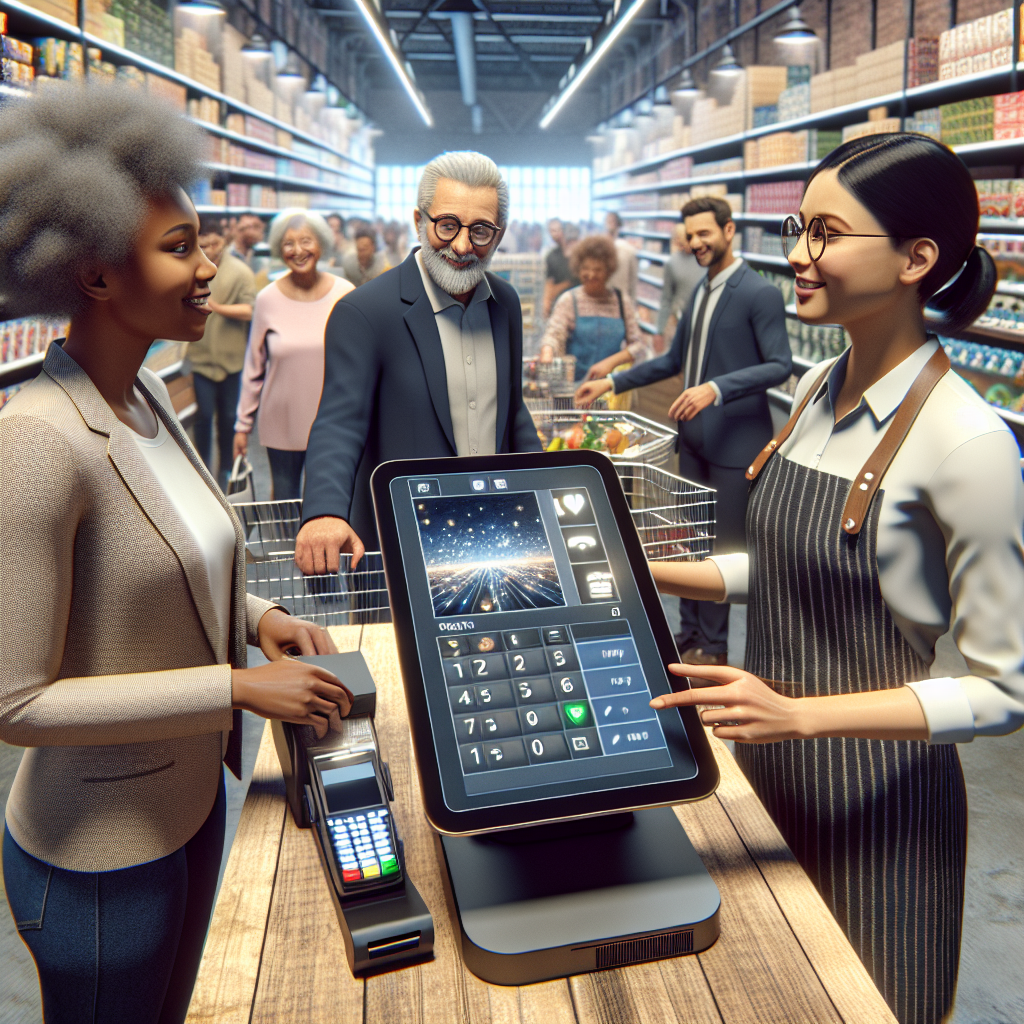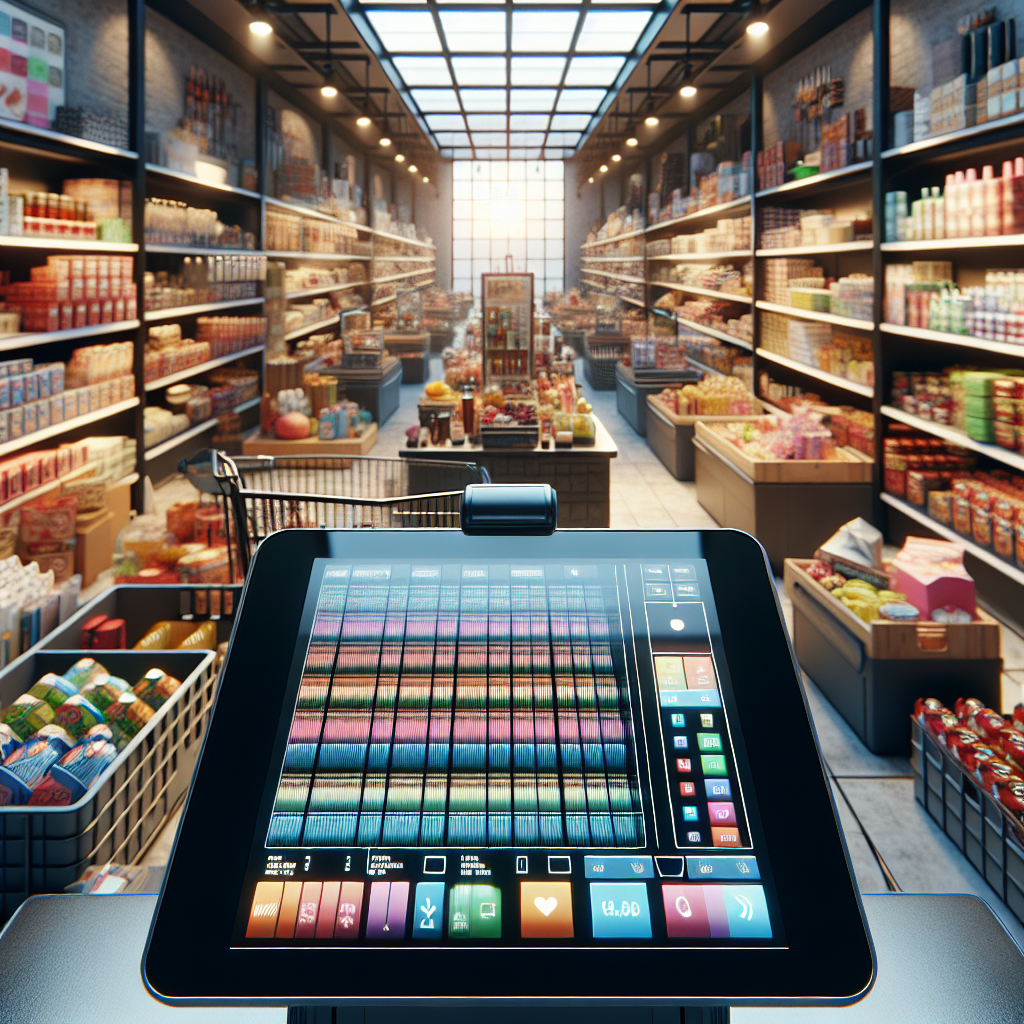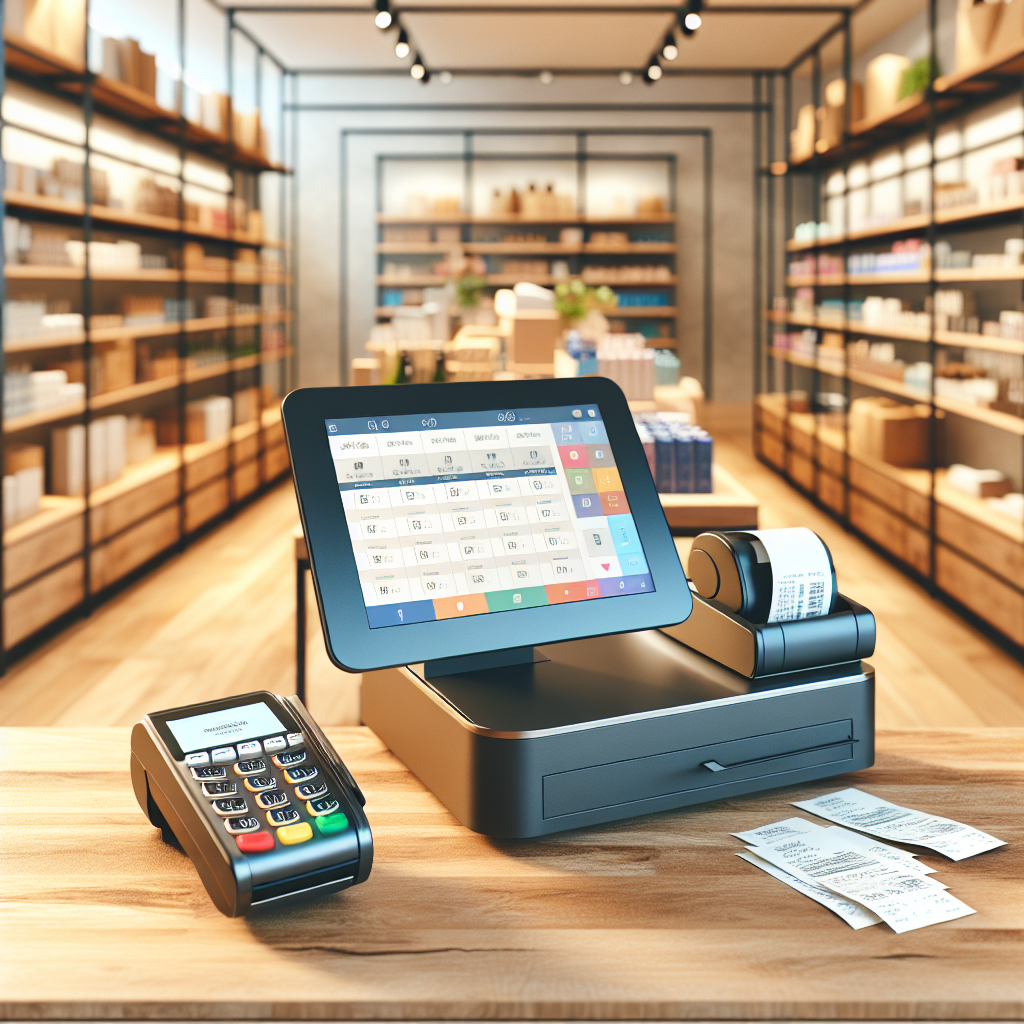When a POS system is running slow, it can significantly impact the efficiency of your business operations. Understanding the underlying causes of this issue is crucial for addressing it effectively. Several factors can contribute to a sluggish POS system:
- Outdated Hardware: If your terminals or devices are outdated, they may struggle to process transactions efficiently. Investing in modern hardware can lead to substantial performance improvements.
- Software Glitches: Frequent software updates are necessary to fix bugs and improve performance. Failing to update your POS software can result in slow response times.
- Network Connectivity Issues: A stable internet connection is essential for smooth operations. Slow or intermittent connectivity can cause delays in processing payments.
- High Transaction Volume: Increased customer traffic can overwhelm your system if it’s not equipped to handle a high volume of transactions.
- Insufficient System Resources: Running multiple applications simultaneously can strain your POS system. Ensure that your hardware has adequate RAM and processing power.
By identifying these common causes, you can take proactive steps to enhance the performance of your POS system. If you’re interested in getting started contact us at 888-641-8910 or Email us for personalized recommendations to optimize your payment processing solutions.
Impact of Hardware Limitations on POS Performance
The performance of a POS system running slow can often be traced back to hardware limitations. Understanding how these limitations affect your system is essential for maintaining an efficient checkout process. Here are some ways in which hardware can impact POS performance:
- Processor Speed: The CPU is the heart of your POS system. A slow processor can delay transaction processing, leading to longer wait times for customers.
- Memory Capacity: Insufficient RAM can hinder your system’s ability to run multiple applications simultaneously. This limitation can cause your POS to freeze or respond sluggishly during peak hours.
- Storage Issues: If your POS system has limited storage, it may struggle to load necessary applications or updates, further slowing down performance.
- Peripheral Devices: Older or incompatible peripherals, such as barcode scanners or receipt printers, can also contribute to delays. Ensuring that all connected devices are modern and functional is crucial for optimal performance.
- Heat and Ventilation: Overheating hardware can lead to throttled performance. Ensuring proper ventilation and cooling for your POS devices can help maintain consistent operation.
Addressing hardware limitations is vital for enhancing your POS system’s performance and ensuring a seamless customer experience.
Common Software Issues Affecting POS Speed

While hardware plays a significant role in the performance of a POS system running slow, software issues can be equally detrimental. Identifying and resolving these issues is key to ensuring a smooth transaction process. Here are some common software-related problems that can affect POS speed:
- Outdated Software: Running an outdated version of your POS software can lead to compatibility issues and security vulnerabilities. Regularly updating your software ensures optimal performance and access to the latest features.
- Excessive Background Processes: If your POS system is running too many background applications, it can consume valuable system resources, causing slowdowns. Managing these processes is essential to maintain speed.
- Corrupted Files: Software corruption can hinder functionality and lead to crashes. Regular maintenance, including file checks and repairs, can prevent these issues from impacting your system.
- Insufficient Configuration: Improperly configured settings can lead to inefficiencies. Regularly reviewing your software settings and adjusting them according to your business needs can enhance performance.
- Incompatible Integrations: If your POS system is integrated with other software that isn’t fully compatible, it can cause conflicts and slow down operations. Ensuring that all integrations are compatible is vital for smooth performance.
By addressing these common software issues, you can significantly improve the speed and efficiency of your POS system, ensuring a better experience for both staff and customers.
How Network Connectivity Affects POS Operations

In today’s fast-paced business environment, the importance of reliable network connectivity cannot be overstated, especially when it comes to your POS system running slow. A stable and fast network connection is essential for seamless POS operations, as it directly impacts transaction speed and overall efficiency. Here are some key ways in which network connectivity affects POS operations:
- Transaction Speed: A slow or unstable internet connection can lead to delays in processing transactions. This can frustrate customers and increase wait times, ultimately affecting sales and customer satisfaction.
- Data Synchronization: POS systems often rely on cloud-based solutions for data storage and synchronization. Poor connectivity can hinder the ability to update inventory, sales data, and customer information in real time, leading to discrepancies and inefficiencies.
- System Updates: Many POS systems require regular updates to enhance functionality and security. If your network is slow, these updates may not occur promptly, leaving your system vulnerable and potentially outdated.
- Wireless Interference: If your POS system operates on a wireless network, interference from other devices can degrade performance. Ensuring a clear signal and proper placement of routers can mitigate these issues.
- Remote Access: Many businesses now operate with remote access to their POS systems. A weak network connection can limit access for remote staff, disrupting operations and impacting service delivery.
To ensure optimal performance of your POS operations, it is crucial to invest in a reliable network infrastructure that can support your business needs effectively.
Steps to Optimize Your POS System for Speed

Optimizing your POS system for speed is essential for enhancing customer satisfaction and streamlining your business operations. Here are some effective steps you can take to ensure that your POS system running slow issues are addressed:
- Regular Software Updates: Ensure that your POS software is always up to date. Software updates often come with performance enhancements and bug fixes that can significantly improve speed.
- Optimize Hardware: Check your POS hardware for any signs of wear and tear. Upgrading to a faster processor, increasing RAM, or investing in solid-state drives (SSD) can provide a notable performance boost.
- Minimize Background Processes: Limit the number of applications running simultaneously on your POS system. Too many background processes can slow down your system and affect transaction times.
- Network Optimization: As previously mentioned, a stable internet connection is vital. Use wired connections where possible, and ensure that your network is free from interference. Consider upgrading your internet plan if necessary.
- Data Management: Regularly clean up your database by removing unnecessary records and archiving old data. A cluttered database can slow down transaction processing and system performance.
- Training Staff: Educate your staff on the proper use of the POS system. Sometimes, slow performance can stem from improper handling or lack of familiarity with the system’s functionalities.
By implementing these steps, you can significantly enhance the speed and efficiency of your POS system, leading to better service and increased sales.
When to Consider Upgrading Your POS System

Determining when to consider upgrading your POS system is crucial for keeping your business competitive and efficient. Here are some key indicators that it might be time for an upgrade:
- Frequent System Crashes: If your POS system crashes frequently, it can lead to lost sales and frustrated customers. An upgrade can provide more stability and reliability.
- Inability to Integrate: As your business grows, you may need to integrate new software solutions or third-party applications. If your current system does not support these integrations, it may be time to look for a more versatile option.
- Slower Processing Speeds: If you’ve already tried optimizing your current system but still experience POS system running slow issues, an upgrade may provide the necessary speed improvements to enhance customer experience.
- Lack of Features: If your POS system lacks essential features that competitors offer, such as mobile payments or advanced inventory management, upgrading can help you stay relevant in the market.
- Compliance Issues: If your existing system does not meet the latest security standards or compliance requirements, an upgrade is essential to protect your business and customer data.
Recognizing these signs early can save your business time and money in the long run. If you’re interested in getting started on upgrading your POS system, contact us at 888-641-8910 or Email us today!





